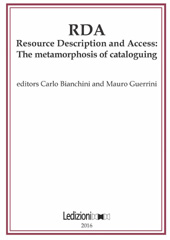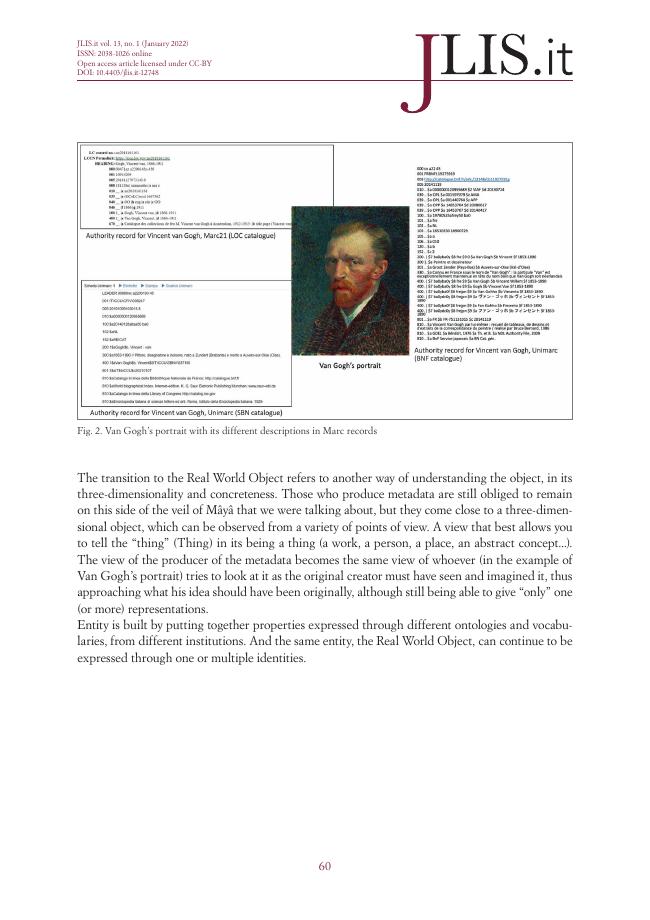Universal bibliographic control in the semantic web : Opportunities and challenges for the reconciliation of bibliographic data models
53-66 p.
The principles and conceptual models of universal bibliographic control and those of the Semantic web share the common goal of organizing the documentary universe by highlighting relevant entities and mutual relationships, in order to ensure the widest possible access to knowledge. This drives a significant change in the entire information chain, from the analysis and structuring of the data to their dissemination and use. From the construction of bibliographic data models, the point of view, the semantic web paradigm pushes the boundaries of the exchange of records among relatively homogeneous cataloguing systems and opens a transversal dialogue between different actors and systems, in a digital ecosystem that is not contained within cultural, linguistic, geographical or thematic limits.
In this context, it is necessary to dialogue with heterogeneous communities of varying authority, driven by the web and often created by institutions or groups of users quite different from the ones to which cataloguing tradition is accustomed. The free reuse of data can also take place in very different contexts from those of their origin, multiplying for everyone the opportunities for universal access and the production of new knowledge. Can different cataloguing traditions coexist in such a changed context and integrate without losing their information value? Based on some recent experiences, this appears to be possible. [Publisher's text].
-
Articles du même numéro (disponibles individuellement)
-
Informations
Code DOI : 10.4403/jlis.it-12748
ISSN: 2038-1026
KEYWORDS
- Semantic Web, Real World Object (RWO), Entity reconciliation, Universal Bibliographic Control (UBC), Entity, Identity



